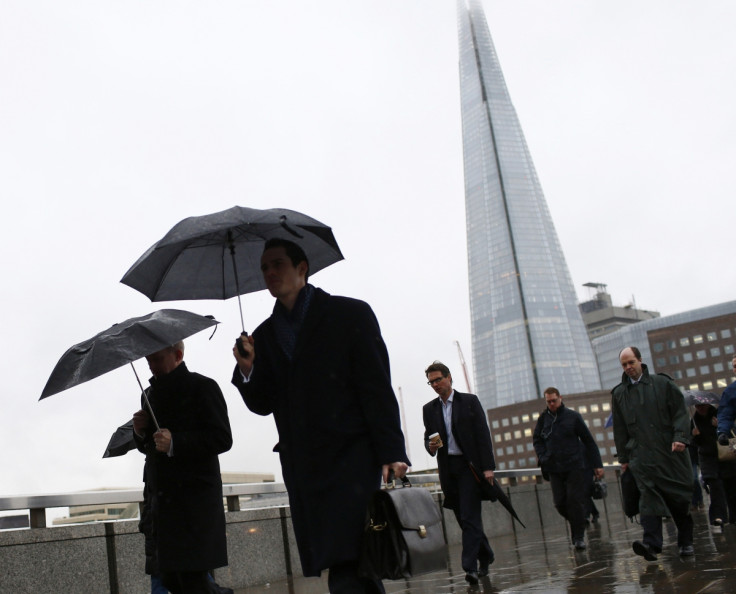Record-Low UK Pay Growth Casts Doubt Over Bank of England Interest Rates Hike

Pay grew at its slowest rate on record in the three months to June 2014 as the squeeze on incomes intensifies despite the UK experiencing the strongest headline economic recovery of any Western economy.
The Office for National Statistics (ONS) said pay excluding bonuses rose by just 0.6% in the second quarter of the year.
Pay including bonuses fell by 0.2%, though the ONS said this is because of an "unusually high growth rate for April 2013 as some employers who usually paid bonuses in March paid them in April last year."
Price inflation during the same period was 1.9%, meaning wages are still falling in real terms as the cost of living increases at a much faster pace than wages.
Weakening wage data is at odds with robust employment figures. The ONS said the employment rate hit 73% in April to June 2014, while the unemployment rate fell to 6.4% - the lowest since the end of 2008.
This paradox is puzzling Bank of England policymakers, who are trying to work out when is best to raise the base interest rate from its record-low 0.5%.
Markets are expecting interest rates to rise in early 2015, but policymakers have said they will not act until wages and productivity improve alongside the healthier labour market data.
An early rates hike could choke off part of the UK economic recovery by slashing consumer spending because households would have to route more of their incomes towards repaying debt, such as mortgages, rather than splashing out.
Some argue that the weakness in productivity and wage growth is because the labour market is rife with underemployment, where workers cannot find as many hours as they need. This is because of the proliferation of temporary and low-hours work, such as zero hour contracts, and self-employment.
The UK economy is forecast to grow by 3% in 2014 amid rising consumer spending, a booming housing market, and a recovery in manufacturing and construction output.
© Copyright IBTimes 2025. All rights reserved.






















